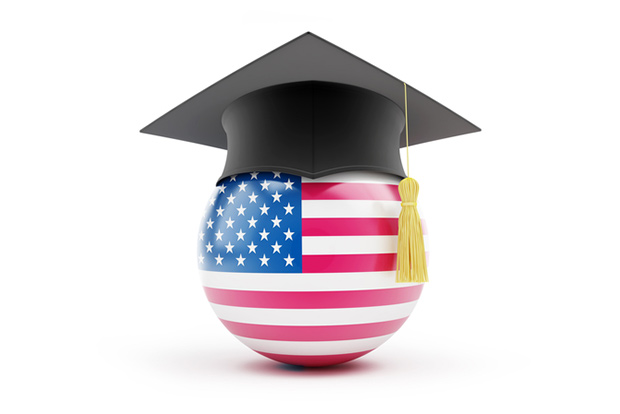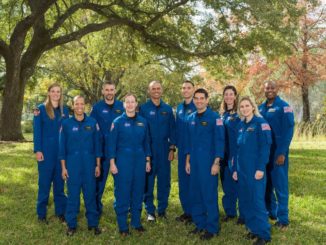
WASHINGTON (TIP): Encouraging foreign students who graduate with specialized degrees in the United States, the US administration had allowed them, especially STEM F-1 visa students to avail of the extended 24-month Optional Practical Training (OPT) period, apart from the regulation 12 months of the work-training they receive through the program: a lawsuit to revoke the extension has been dismissed in federal court.
OPT is a period during which undergraduate and graduate students with F-1 visa status, who have completed or have been pursuing their degrees for more than 9 months, are permitted by the United States Citizenship and Immigration Services (USCIS) to work for one year on a student visa towards getting practical training to complement their education.
Anti-immigration advocates have been targeting the OPT for several years, terming it as a job killer for American workers, a chance for American employers to avail of cheap labor and exploit foreign students.
Back in August 2015, a D.C. federal judge said the 2008 Department of Homeland Security rule that allows STEM graduates in F-1 status to obtain an additional 17 months of OPT time in the U.S. was deficient. The decision in Washington Alliance of Technology Workers v. U.S.
Department of Homeland Security was based on the fact that DHS did not go through the usual notice and comment period required for new regulations. The judge vacated the 2008 rule allowing the 17-month extension, however, a stay was put in place until a new regulation could be put in place. That new regulation took effect on May 10, 2016 and allows a new STEM OPT extension of 24-months. The same group of tech workers that challenged the old STEM OPT rule filed a new lawsuit in June 2016 in federal court again challenging DHS policy allowing student visa holders to work after completion of their studies. The new lawsuit brought by the Washington Alliance of Technology Workers argued that the Optional Practical Training (OPT) program denies labor protections to US tech workers, allows increased competition, allows unfair competition, provides foreign students the benefit of mentoring programs (i.e. the I-983 training plan) without requiring schools to give the same benefit to US workers, and violates procedural rights of US workers by failing to include the question of whether OPT should be expanded in the first place in the regulatory process. Washtech asked the court to issue a declaratory judgement (find in their favor without going through an entire trial) that DHS exceeded its authority by allowing F-1 students the ability to work, vacate the new regulations, and award attorney’s fees to Washtech.
The DHS argued in favor of retention of the extended 24-month OPT, and asked the court to dismiss the lawsuit. Last month, a federal court in its ruling, granted only part of DHS’ motion to dismiss, but also denied part of the motion to dismiss. Now, in its final ruling on the case, the federal court has dismissed the lawsuit brought by the WATW, in favor of DHS. The decision means F-1 visa students in STEM-related studies will continue to get a total of three years of OPT during and after the program they are enrolled in. It also improves the chances of F-1 visa students to gain a good foothold in a job they take up in the US, and to be sponsored by the employer for an H-1B visa. Annually, 20,000 H-1B visas are reserved for F-1 visa higher degree graduates of US educational institutions. If there are more than 20,000 applications, they are pooled to compete for the general quota of 65,000 H-1B visas which are for all foreign workers.




Be the first to comment